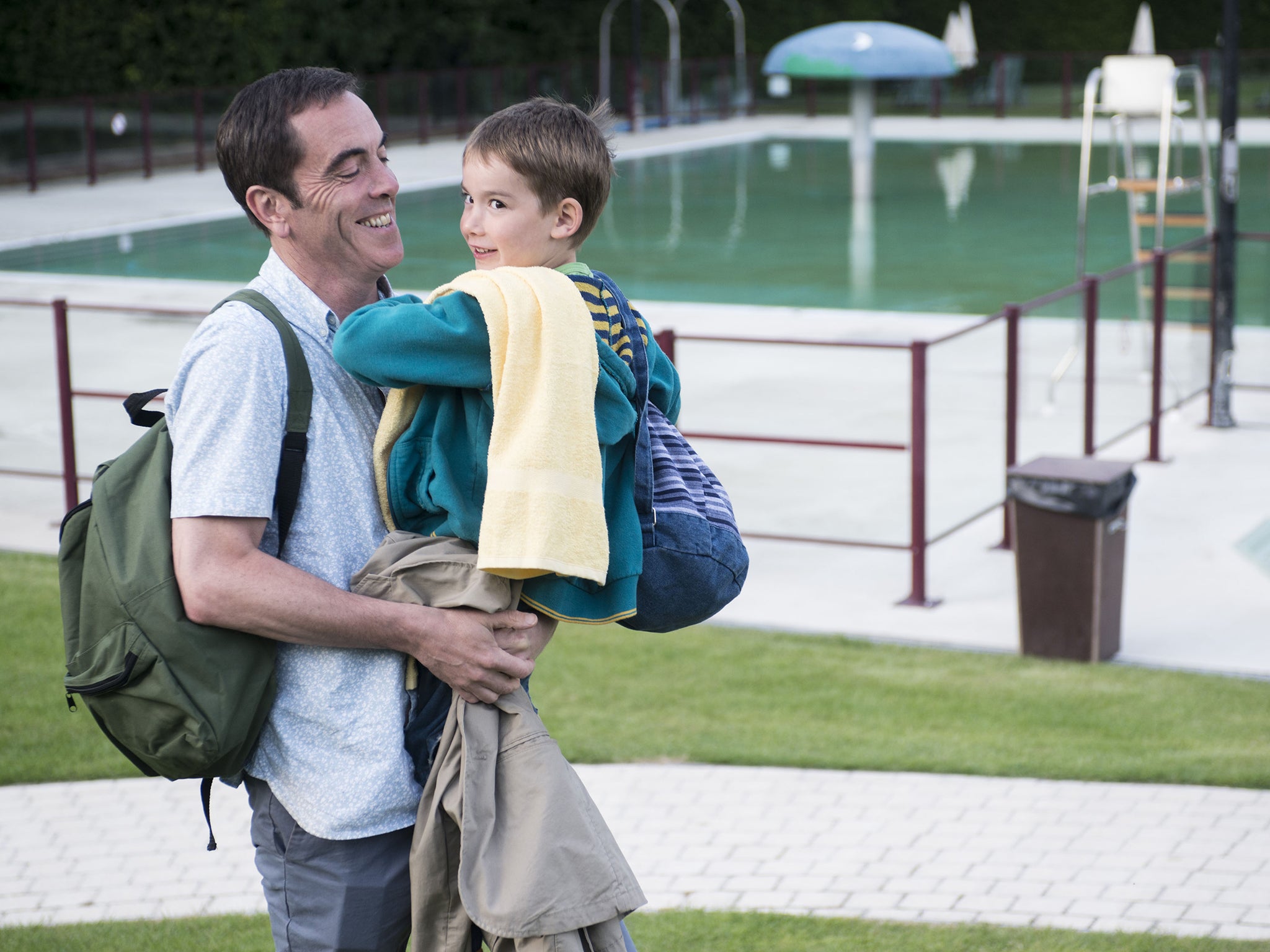The Missing, BBC1 - review: Mercilessly believable performances as father searches for missing son
The scene in which Oliver disappeared was distressing enough to induce a sympathy panic attack in even the most phlegmatic viewer

Your support helps us to tell the story
From reproductive rights to climate change to Big Tech, The Independent is on the ground when the story is developing. Whether it's investigating the financials of Elon Musk's pro-Trump PAC or producing our latest documentary, 'The A Word', which shines a light on the American women fighting for reproductive rights, we know how important it is to parse out the facts from the messaging.
At such a critical moment in US history, we need reporters on the ground. Your donation allows us to keep sending journalists to speak to both sides of the story.
The Independent is trusted by Americans across the entire political spectrum. And unlike many other quality news outlets, we choose not to lock Americans out of our reporting and analysis with paywalls. We believe quality journalism should be available to everyone, paid for by those who can afford it.
Your support makes all the difference.Stories need an ending, which is one reason why stories about missing children are so difficult to tell and to hear.
As yet, real-life cases like those of Madeleine McCann and Ben Needham have no resolution. By this reasoning, BBC1’s new eight-part series The Missing, about a father’s search for the son who disappeared on a family holiday, should have been tense to the point of being unwatchable, especially for any parent. Instead, sibling writing team Harry and Jack Williams have skilfully constructed a mystery that’s tense, yes, but equally absorbing.
The performances were mercilessly believable, especially James Nesbitt as Tony Hughes, a father long past the point of caring whether his grief makes other people uncomfortable. The action skips back and forth between the present day, when Tony believes he’s found a crucial piece of evidence, and eight years ago when his son Oliver went missing in the fictional French town of Chalon du Bois, and at certain moments the lack of subtitles forced any non-French speaker to share in the Hughes’ panicked confusion.
Despite this, the episode benefited from a strong cast of French actors who were given almost equal screen time with their English counterparts. The split time-frame also meant we were able to compare the now retired Julien Baptiste (Tchéky Karyo), with the hot-shot officer who once headed up the investigation and Laurence (Emilie Dequenne), a seasoned professional with the excitable rookie she used to be. Then there was Ziane (played by La Haine’s Saïd Taghmaoui), a detective whose absence from the present-day sections is yet to be fully explained.
The scene in which Oliver disappeared – a crowded poolside bar, darkness setting in, unhelpful strangers – was distressing enough to induce a sympathy panic attack in even the most phlegmatic viewer. So why continue to watch and put yourself through such torture? Partly because of those compelling characters, but also because of how the smaller mysteries reel you in as the larger mystery is deepening. Why is Ziane now in jail? How did the Inspector Baptiste hurt his leg? What secret deed are Tony and his father-in-law trying to keep quiet? Some of these will be resolved in upcoming episodes, even if we have to wait eight weeks to find out what happened to Oliver – that’s assuming we ever do.
Join our commenting forum
Join thought-provoking conversations, follow other Independent readers and see their replies
Comments